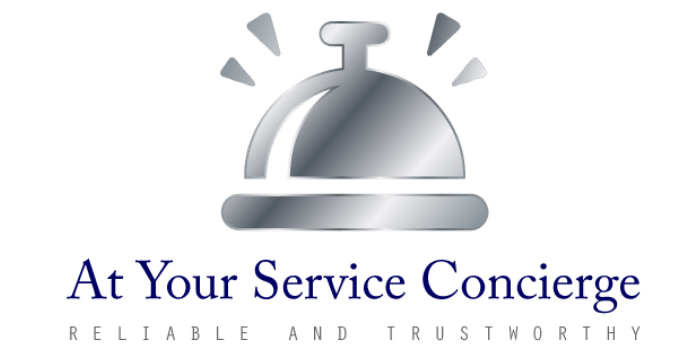On February 3rd, I received an End of mail forwarding service notification from the USPS. At first I didn’t read it because I assumed it concerned my recent move in October.
But the notification concerned another event. I had set up the mail forwarding for my brother. Last March, Brian passed away in an isolated living arrangement in Washington. He was 59 and the oldest of my three siblings.
Whether our sibling was younger or older, whether the death was sudden or anticipated, whether we were very close to our sibling throughout our lives or experienced periods of separation, we all experience grieving when a brother or sister dies.
Brian was my half-brother, born of my mother from an earlier marriage. We all grew up in turmoil, but I believe he got the worst of it. I am unable to learn why our family life grew to be so deteriorated because my Dad died 26 years ago and the four children have never queried our now 90-year old mother for fear of upsetting her. So, for the sake of this article, let’s just say our family was dysfunctional.
I have always maintained a special place in my heart for my oldest, exasperating brother. If you have experienced the loss of a sibling, what was your relationship with the sibling who died? I’ll bet it wasn’t entirely simple.
Sibling relationships are so complex because while we are growing up, siblings are both friends and enemies, teammates and competitors. We play with our siblings, and we fight with them.
Brian took me sledding, introduced me to 70(s) classic rock, and shared the love of the ocean with me. We took very different paths as we grew into adolescence; he made some lifestyle choices that did not pan out to well for him while I joined the Army Reserve and headed off to an Ivy League university. I did not see him on a daily basis once I hit my preteen years and he moved to Long Island (from NJ) and later to Canada, settling in Washington.
Sometimes we carry our childhood rivalries and differences into adulthood, and our ambivalent feelings toward our brothers and sisters remain. Sometimes we separate from our siblings completely as adults. And sometimes we become very close friends with our grown-up brothers and sisters.
Yet no matter what your present-day relationship with your sibling was, his or her death is a blow. You shared a long history with your sibling. Your stories began together and were intimately intertwined for years.
In October, 2015 my brother and sister flew Brian in from Washington so he could see my mother and a wonderful party was planned. Unfortunately, I never made it to New Jersey because Hurricane Joaquin affected the whole east coast. I reached Richmond, VA but turned around due to uncertainty of storm activity.
On Friday March 4, 2017, I flew my mother down here to Charleston to live. (See moving Mom, Phase 1.) Although we had been caught up in the trip activity, my Mom mentioned it was odd that she did not have a return call from Brian considering he knew she was moving. My sister called the authorities and I , my husband and son delivered the news to my mother on Tuesday morning that my brother had died in his sleep in his home.
There is a general social expectation that the death of a brother or sister in adulthood will have little or no disruptive effect on us. I remained most concerned about how my mother would react to her son’s passing and I relegated my own feelings.
Yet few adults have no contact with their siblings. This expectation seems to be based on the presumption that child and spouse loss are the most distressing. Usually, if given the opportunity to think about it, people also can understand an adult’s bereavement after a parent’s death.
In contrast to this, however, there is a failure to appreciate the significance of brothers and sisters in adult life. While the effects of childhood sibling bereavement have been investigated, there has not been the same degree of interest in adult sibling bereavement.
My sister and her husband flew out to Washington and handled the estate and experienced the environment that my brother had been living in. Later I planned a lovely memorial tribute with my Mom, husband and family ocean side as we reflected on Brian’s life and what he meant to all of us.
Also like bereaved parents of adult children, you may find it hard to accept that your brother or sister has really died if you have become accustomed to his or her living elsewhere. There is no acute absence to signal to you that he or she is permanently gone.
I still have his number in my cell phone; I don’t believe I will ever remove it. I remember his facial expressions, his laugh and his sarcasm. My most treasured keepsake is the leather devotional I bought for him, the ribbon still in the page from the last time he read it. The ribbon will never be removed from that page.
I will never stop hearing (in a thick New Jersey accent, of course) “I love you, Nance, you know I always looked after you….”

